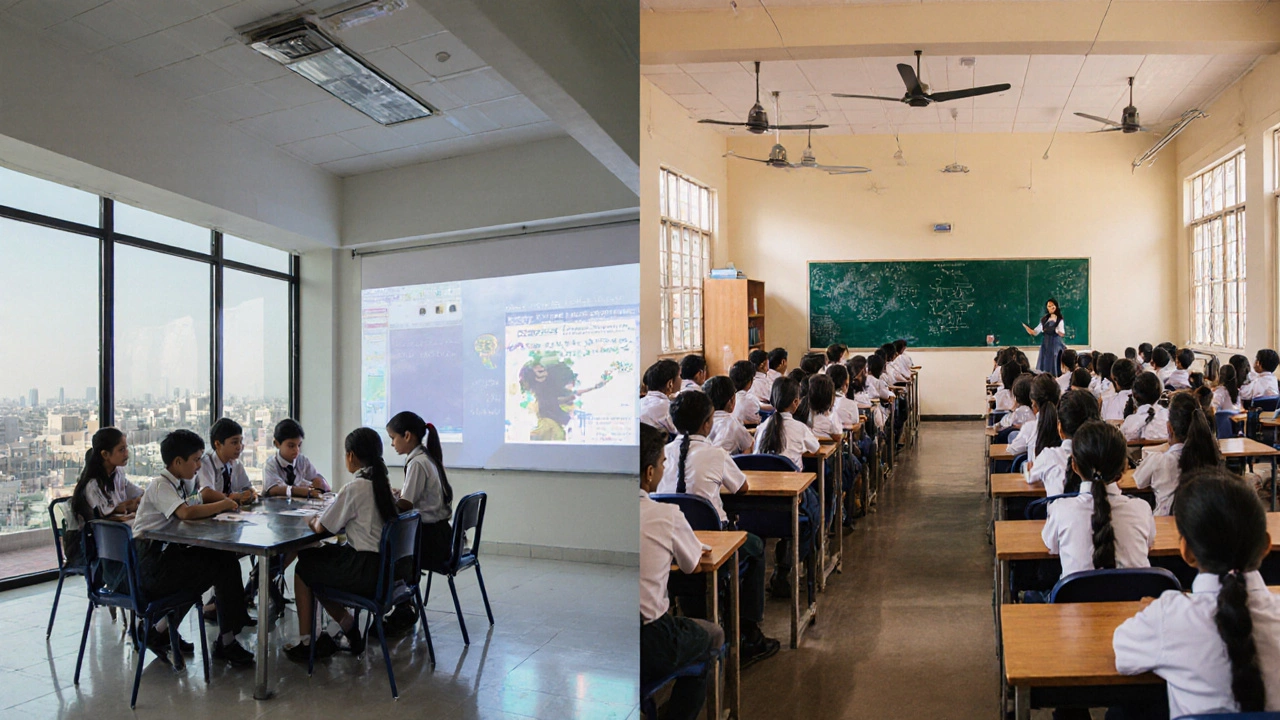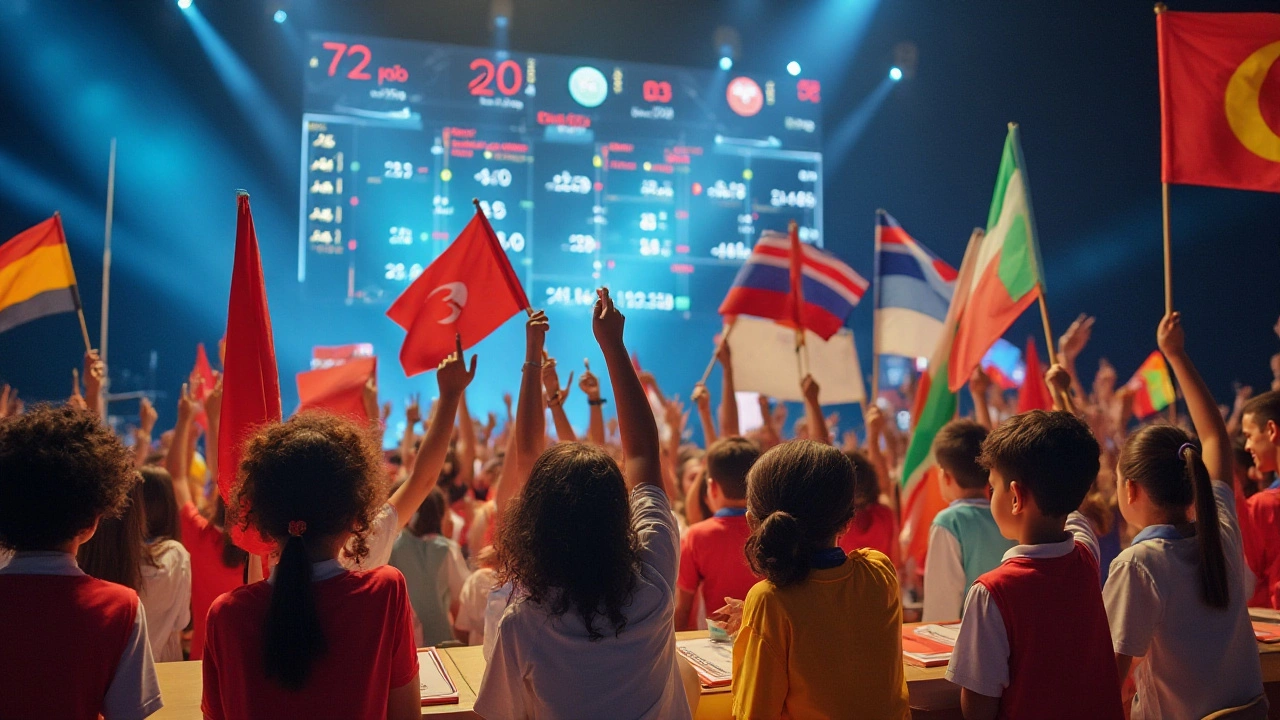Education Comparison: How CBSE, IB, and Global Systems Stack Up
When you're choosing a school or planning your future, education comparison, the process of evaluating different learning systems to find the best fit for your goals. Also known as curriculum comparison, it's not about which one is "better"—it's about which one matches your path. A student in Hamirpur taking CBSE exams isn’t competing against someone in Mumbai or Delhi on different papers. The CBSE syllabus, a standardized national curriculum used across India ensures every student sees the same questions. But if you're thinking about studying abroad, or aiming for top global universities, you might need more than just CBSE. That’s where systems like IB (International Baccalaureate), a globally recognized curriculum focused on critical thinking and interdisciplinary learning come in. IB isn’t just harder—it’s designed differently. It asks you to connect science to ethics, history to language, and theory to real-world problems. CBSE prepares you for JEE and NEET. IB prepares you for universities in the US, UK, Canada, and beyond.
So what’s the real difference? It’s not just the subjects. It’s the eLearning stages, the structured phases that make online learning effective: engagement, delivery, practice, and assessment. Most Indian schools stick to delivery and assessment—lectures and exams. But top global systems build in practice and feedback loops. They don’t just test what you memorized—they test what you can do with it. That’s why students from IB schools often adapt faster to university projects. And that’s also why platforms like Google Classroom, used in many hybrid schools today, are only as good as the learning design behind them. You can have the best app, but if the curriculum doesn’t push you to think, you’re just scrolling.
Then there’s the money question: does any of this actually move the needle on your future? If you’re chasing an IIT seat, CBSE is your foundation. If you’re eyeing an MBA from a top school, your profile needs more than high marks—it needs projects, leadership, and global exposure. That’s why comparing education systems isn’t about prestige. It’s about alignment. A student with a 5000 JEE rank can get into IIT Bombay—but only if they understand the cutoffs, the branches, and the trade-offs. A student with an IB diploma might not ace JEE, but they might land a scholarship in Germany or Canada because their portfolio tells a different story. The best education isn’t the one everyone says is best. It’s the one that fits your goals, your pace, and your next step. Below, you’ll find real comparisons: CBSE vs IB, NEET coaching vs online prep, the hidden costs of "best" coaching centers, and how eLearning platforms actually work. No fluff. Just what you need to decide.

Dubai Education vs India: A Detailed Comparison
Compare Dubai's hybrid, international‑focused education with India's massive, exam‑centric system. Learn costs, curricula, outcomes, and which suits your goals.
view more
Which Country Leads the World in Mathematics?
Understanding which country leads in mathematics is crucial for students and educators worldwide. Mathematics proficiency is often assessed through international competitions and standardized tests. Recognizing patterns in education systems can offer valuable insights for improving math education globally. Discover the countries that consistently outperform others, along with the strategies they employ to foster mathematical excellence.
view more